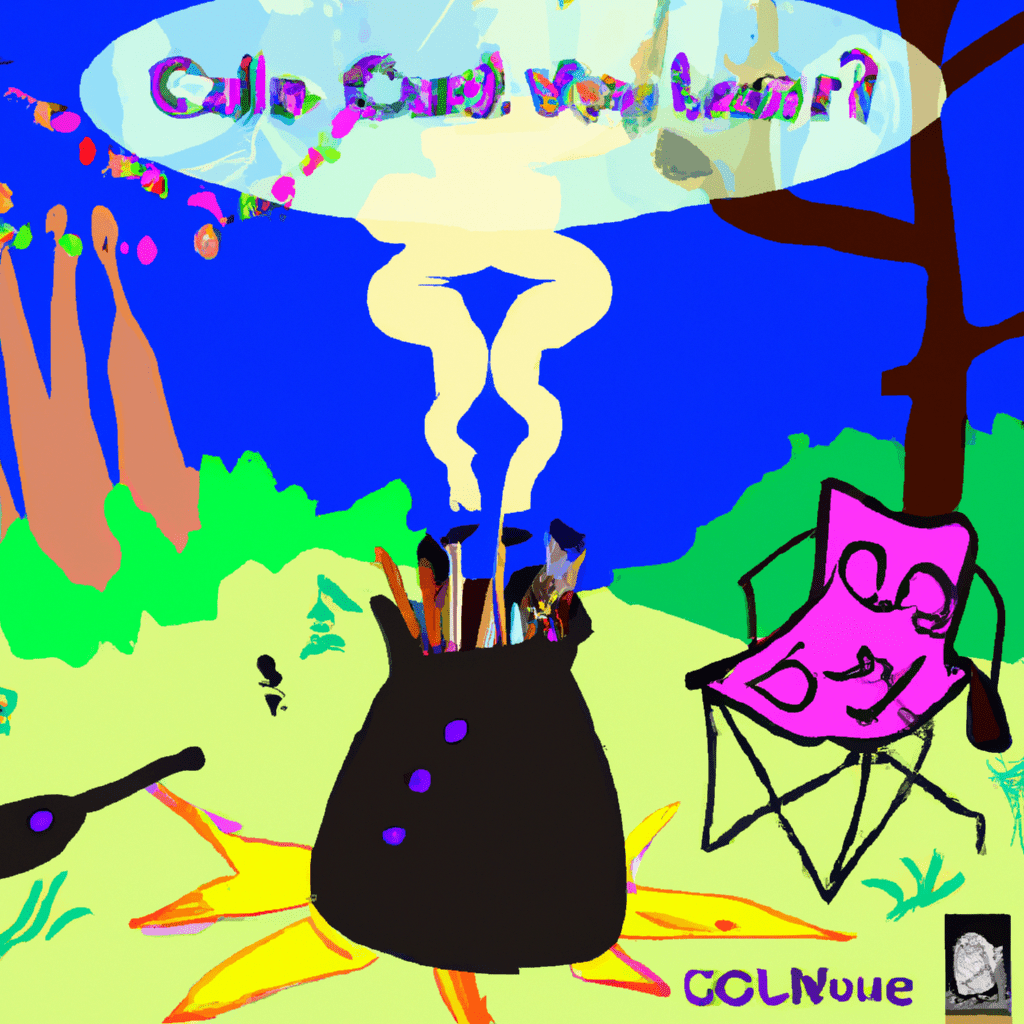Unveiling the Mystery: Why Mosquitoes Love You More Than Your Friends? – Shlok’s Automation
Ever wondered why, at a backyard barbecue or a night out camping, mosquitoes seem to be feasting on you while your friends are largely left alone? Have you found yourself questioning what makes your blood more appealing than others? It turns out that the answer lies in your skin chemistry. Let’s dive into the fascinating science behind why mosquitoes might prefer you over your friends.
The Science Behind Mosquito Bites
Mosquitoes are not just annoying; they are also the deadliest creatures on our planet. They are carriers of diseases like malaria, dengue fever, and Zika virus. However, not all mosquitoes are created equal, and not all of them are bloodsuckers. Only female mosquitoes bite because they need the protein in our blood for their eggs.
The process of selecting a target is not random. Mosquitoes use a combination of heat, vision, and chemical signals to find their next meal. But why do some people seem to be more attractive to these pests than others?
The Role of Skin Chemistry
Your skin is like a chemical factory, producing hundreds of compounds that create your unique scent. When you sweat, these chemicals are released into the air, and they can attract or repel insects. The two primary compounds of interest are lactic acid and carbon dioxide.
Lactic Acid: This is a byproduct of exercise and can be found on your skin after a workout. Research has shown that mosquitoes are attracted to lactic acid, making active people more susceptible to bites.
Carbon Dioxide: Mosquitoes are drawn to the carbon dioxide we exhale. Larger people and pregnant women, who both exhale more carbon dioxide, tend to get bitten more often.
Besides these, other factors like blood type, skin temperature, and even beer consumption can make you more attractive to mosquitoes.
Genetics and Microbes: The Unsuspected Culprits
Beyond these chemical signals, your genetics and the microbial communities living on your skin also play a role in making you a mosquito magnet.
Genetics: Certain genetic factors influence the amount and type of chemicals your skin produces. Studies have shown that identical twins, who share the same genetics, attract the same number of mosquitoes, suggesting a strong genetic component to mosquito attractiveness.
Skin Microbes: The microbes that naturally reside on your skin also contribute to your unique scent. Different people have different types and quantities of these microbes, which can alter how attractive you are to mosquitoes.
The Impact of Your Diet and Lifestyle
Your lifestyle and diet can also impact your mosquito attractiveness. Studies have found that consuming beer can make you more appealing to mosquitoes. There’s also some evidence to suggest that eating certain foods, like garlic or spicy food, might deter mosquitoes, although more research is needed to confirm these findings.
Similarly, your choice of clothing can affect mosquito bites. Mosquitoes are more attracted to dark colors, so wearing light-colored clothing can reduce your chances of being bitten.
Conclusion
So, the next time you’re the only one getting bitten at a summer barbecue, don’t feel too bad. It’s not your fault; it’s just your unique skin chemistry, genetics, and microbes working against you. On the bright side, understanding these factors can help you take steps to make yourself less attractive to mosquitoes. Whether it’s changing your diet, adjusting your lifestyle, or simply wearing lighter-colored clothing, there are ways to outsmart these pesky insects. After all, knowledge is the best repellent!
Anurag Dhole is a seasoned journalist and content writer with a passion for delivering timely, accurate, and engaging stories. With over 8 years of experience in digital media, she covers a wide range of topics—from breaking news and politics to business insights and cultural trends. Jane's writing style blends clarity with depth, aiming to inform and inspire readers in a fast-paced media landscape. When she’s not chasing stories, she’s likely reading investigative features or exploring local cafés for her next writing spot.






